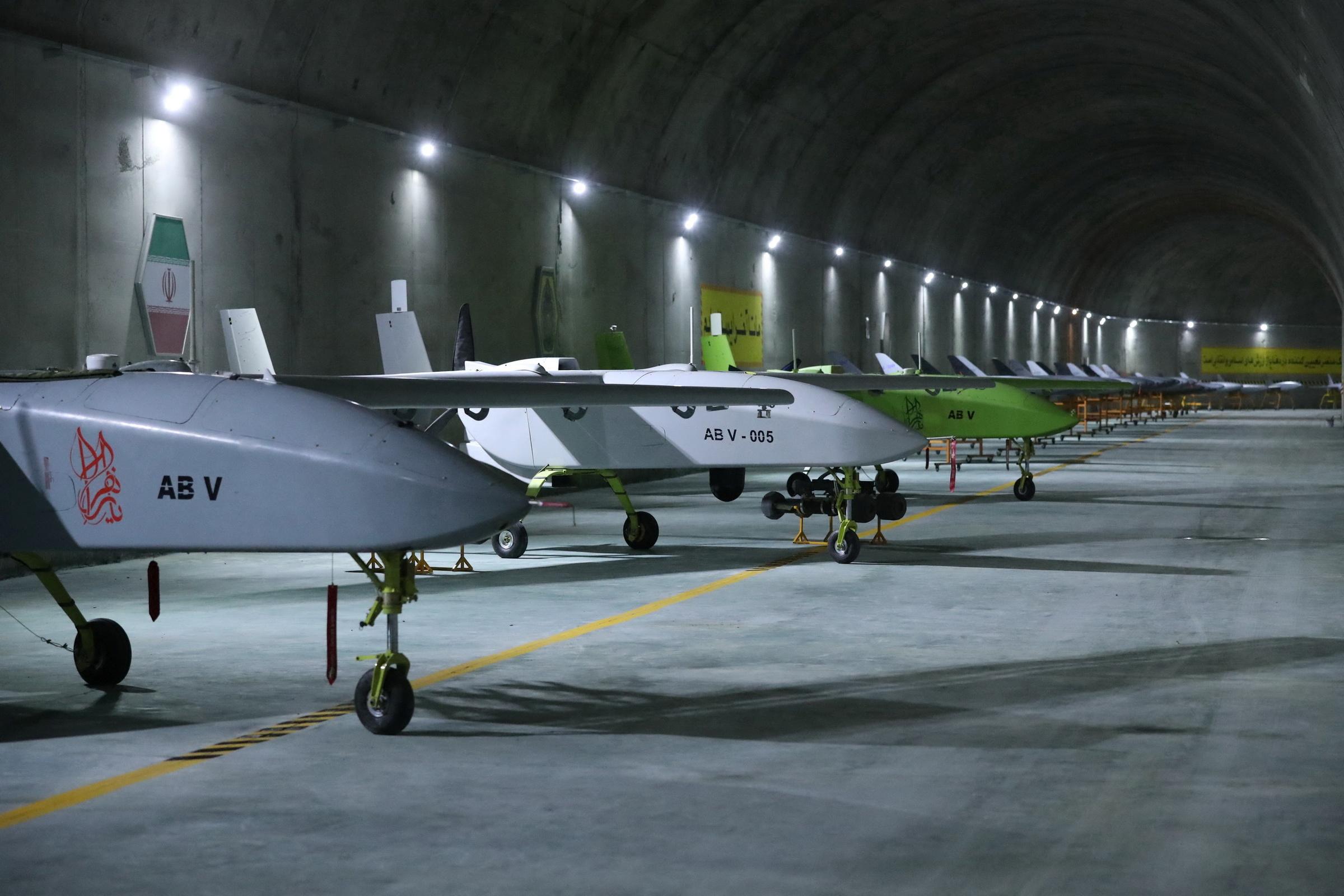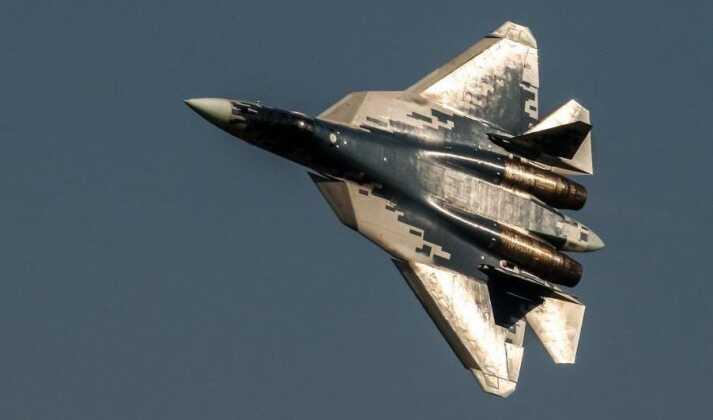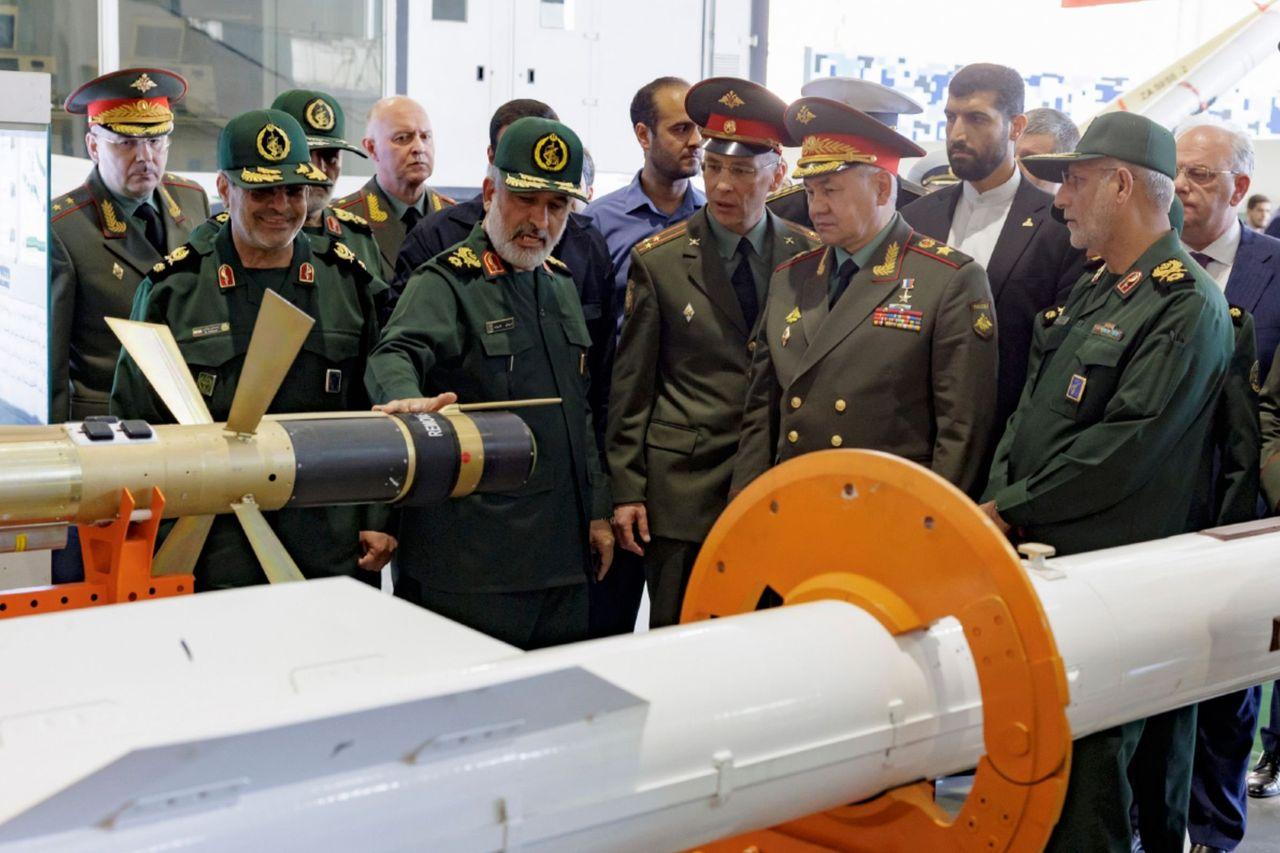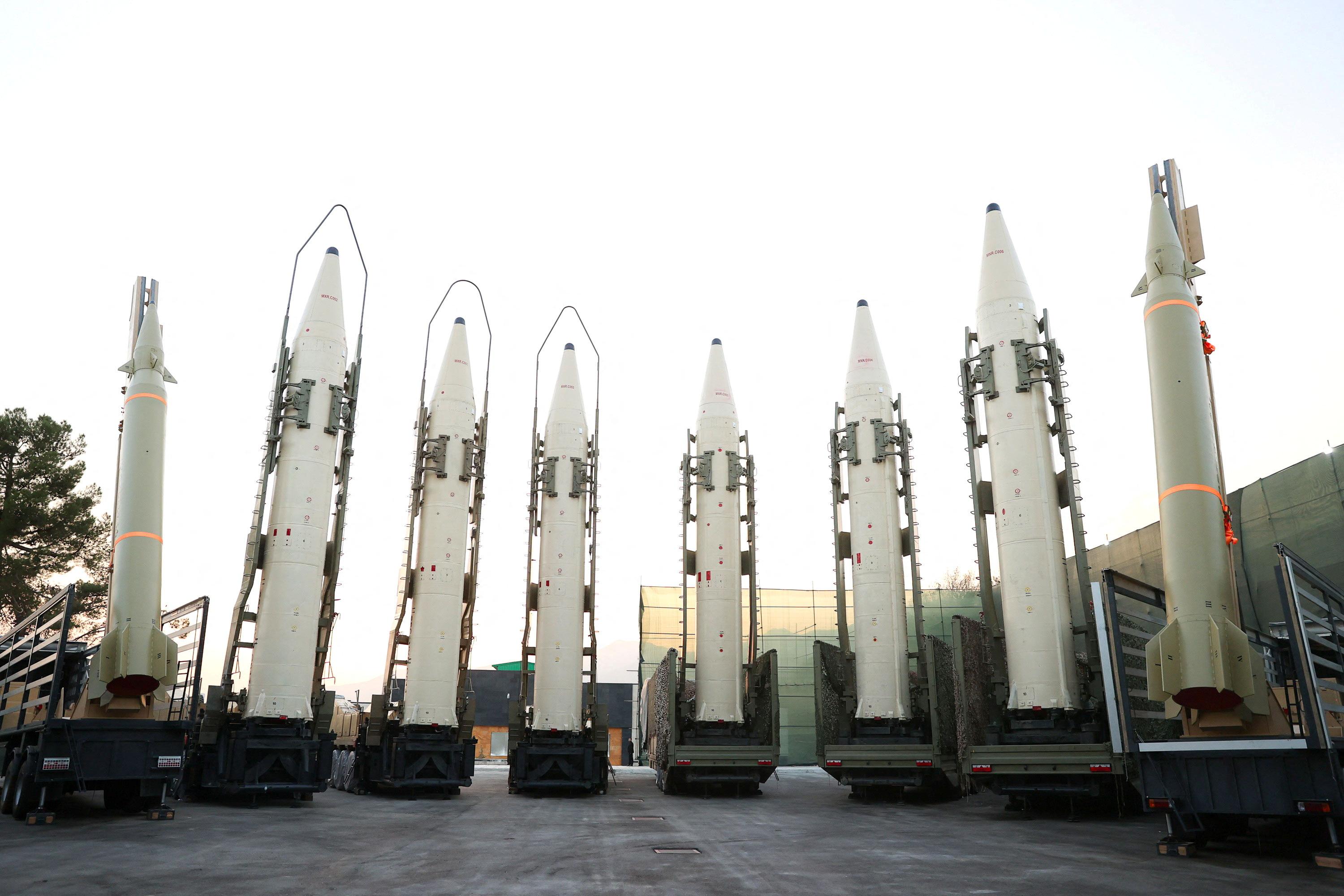Kremlin's absolute bet on Tehran: A new geopolitical reality Moscow's shift toward Iran changes dynamics
In a surprising turn of events, the Kremlin has decisively aligned itself with Tehran, significantly altering the geopolitical landscape. This shift, marked by Russia's decision to supply Iran and its proxies with modern weapons, signals a departure from Moscow's long-standing neutrality in the Iran-Israel conflict. The unthinkable has happened: the Ukrainian front has transformed Russian generals from instructors of Iranians into their pupils in the art of drone warfare, underscoring the extent to which Russia's military has come to rely on Iranian technology and support.
Russia's sanctioned isolation & strategic eastward pivot
Russia's pivot towards Iran is part of a broader strategy to strengthen ties with countries outside the Western sphere of influence. Facing a growing number of sanctions - now numbering in the hundreds -Moscow finds itself in a similar position to Tehran, which international sanctions have long isolated. This shared fate has brought the two nations closer, particularly as Russia's contacts with the West are increasingly severed, except for a few areas of mutual interest, such as gas sales and prisoner swaps.
As the Kremlin's role on the global stage diminishes, Russia is turning its gaze eastward, seeking to cement alliances with countries like China and Iran. For Moscow, Tehran represents a crucial ally that can assist in neutralizing other regional powers, such as Türkiye, and provide much-needed support in various military and strategic domains.
Iranian drones & Russian dependence
Iran's supply of drones has become a lifeline for the Russian military, which has struggled to keep pace with its own demands in the conflict with Ukraine. Tehran's assistance has allowed Moscow to establish domestic production of these critical assets, narrowing the technological gap plaguing the Russian military. In addition to drones, Iran is also supplying ballistic missiles to Russia, compensating for shortages that Moscow has yet to resolve despite concerted efforts.

This growing military cooperation is not without its reciprocal demands. Tehran, with its underdeveloped aviation and air defense systems, is seeking Russian assistance to bolster these capabilities. Iran's air force, which pales in comparison to Israel's, is a key vulnerability that Tehran hopes to address through Russian support.
Tehran's wishlist - advanced Russian military hardware
The parameters of Iran's requests are ambitious: Tehran is seeking at least two squadrons of Su-35 multirole fighters, Mi-28N attack helicopters, and Yak-130 combat trainer planes. Reports indicate that some Yak-130s have already been delivered, and Su-35s may be on the way by the end of the year. However, the delivery of Mi-28N helicopters remains uncertain, as Russia's own military needs take precedence.
Faced with these constraints, Iran has adjusted its expectations, focusing instead on acquiring modern radars and air defense systems. While radar deliveries are underway, air defense systems have been delayed for the same reasons affecting the helicopter deliveries.
These logistical challenges, however, are secondary to the broader geopolitical implications of Russia's actions. By abandoning its traditional neutrality in the Iran-Israel conflict and agreeing to transfer advanced weapons to Tehran, Moscow is signaling a significant shift in its foreign policy.

A new era in Russian-Iranian relations
Russia's decision to side with Tehran represents a break from its previous policy of restraint in transferring cutting-edge technology to Iran. For the past two decades, Russian President Vladimir Putin has carefully balanced relations in the Middle East, avoiding overt favoritism in the Iran-Israel conflict. This cautious approach has now been replaced by a more assertive stance, with Moscow providing Tehran with the military support it has long sought.
The scale of these arms supplies is currently limited by the intensity of Russia's military actions in Ukraine. However, should the conflict in Ukraine de-escalate, Moscow could find itself in a position to further enhance Iran's military capabilities, potentially altering the balance of power in the Middle East.

Russia's growing military cooperation with Iran extends beyond state-to-state relations. Moscow has long supplied weapons to allied Syrian forces, some of which have ended up in the hands of groups like Hezbollah and Hamas. Recent reports suggest that only strong protests from Saudi Arabia prevented Russia from supplying arms to the Yemeni Houthis, a move that could have further escalated tensions in the region.
This deepening involvement in the Middle East conflict marks a significant departure from Russia's previous policy of active neutrality. By siding with Iran, Moscow risks becoming a direct participant in the ongoing regional power struggles, a development that is likely to alarm both Israel and the United States.
As Russia continues to expand its military support for Tehran, the potential consequences for the region are profound. Should Moscow provide Iran with modern air defense systems, as well as advanced jets, a potential strike against Iranian facilities could become a much more challenging task for Israel and its allies.

This shift in the balance of power raises numerous questions about the future of the Middle East. If a clash with Iran is indeed inevitable, some analysts argue that it would be better to confront Tehran sooner rather than later, before it is fully equipped with Russian military technology.
Each step Russia takes towards closer cooperation with Iran heightens the risk of destabilizing the region. Moscow's new "brother in arms" poses a serious threat to both internal and external actors in the Middle East, potentially provoking drastic actions against both Russia and Iran.
In this volatile environment, Russia's bet on Tehran represents a high-stakes gamble with far-reaching implications for global security. Whether this new geopolitical alignment will strengthen Russia's position or lead to further isolation remains to be seen, but one thing is clear: the Kremlin's embrace of Tehran marks the beginning of a new chapter in international relations.








